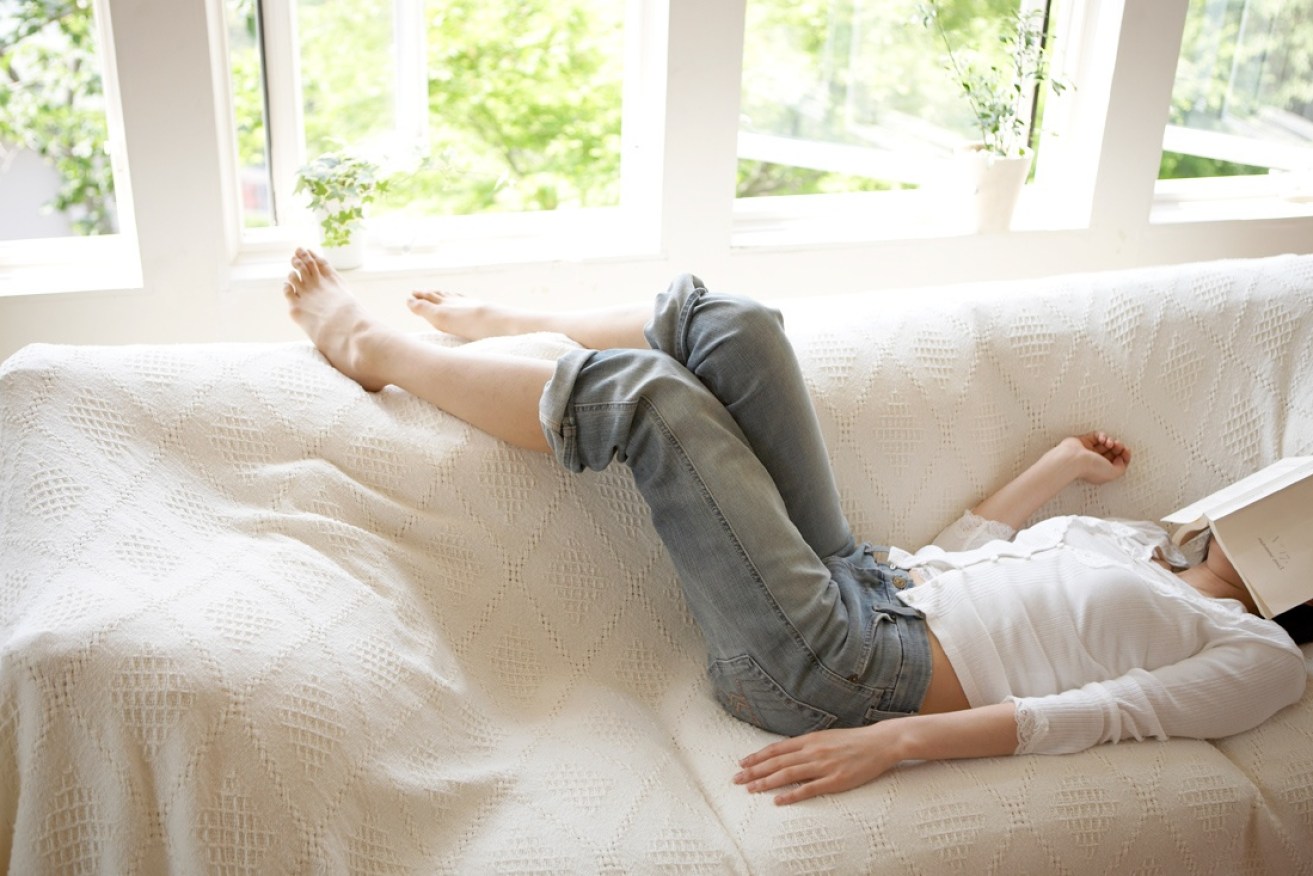How much exercise did you do over the weekend? Did you go for a jog or a bike ride? Or even a walk?
Most of us probably did nothing, according to a damning new study published in the Australian and New Zealand Journal of Public Health.
The study compared National Health Survey data over 20 years and found that almost 60 per cent of adults aren’t doing enough physical activity.
And, shockingly, despite all the modern education surrounding the benefits of health, as a nation we haven’t improved our activity levels since 1989.
So how much activity should we be doing?
Tony Bartone, vice-president of the Australian Medical Association, said we should be doing at least 150 minutes of exercise each week.
“The government’s physical activity and sedentary behaviour guidelines standard is 150 minutes or more of moderate to strenuous activity a week,” Dr Bartone told The New Daily.
“That’s something that, from a public health perspective, has been a benchmark.
“If you look back over the last 20 or 30 years, the recommendations for exercise have been a bit all over the place and there’s been a lot of different messaging over that time.
“The message has always been ‘do exercise’, but I suppose now we’re smarter about the amounts, where even some exercise is better than no exercise.
“A total of two-and-a-half to five hours of moderate activity is the ultimate target.”
Dr Bartone said many people don’t see the urgency of changing their behaviour.
“We’re asking people to modify behaviour on the basis that it’s got long-term benefits.
“It’s not a message that the average 35 or 40-year-old desk worker is going to take to heart.
“[However] there’s a likelihood of multiple conditions as you go into your 50s, 60s, and 70s.

Running comes with all sorts of benefits. Photo: Getty
“It will certainly mean increased health costs, and if it doesn’t mean a reduced life expectancy it certainly will impact on the quality of life in later years.”
As for the benefits now, Dr Bartone said regular exercise would “reduce the risk of heart disease and diabetes, of numerous muscular-skeletal problems, cancers”.
“It obviously has a beneficial effect on your weight and it also has a positive reinforcing mood effect on you and your outlook on life, so all of those things are really, really important.”
Modern living is taking a toll
The modern way of life is also to blame, according to Rachel Davey, Director of the Health Research Institute at the University of Canberra.
“We’ve been so good at eliminating many of the physical demands of our daily lives,” Professor Davey told The New Daily.
“We have sedentary jobs, we drive everywhere, and we sit at home watching TV.
“We’ve been very successful in some areas of making our lives much easier, but it has a downside.”
Professor Davey said government policy should target preventive measures.
“You need real, long-term investment into targeted approaches, where you take a societal approach – not just the health sector,” she said.
“Sectors that are involved in planning, transport, infrastructure, and development. Building walkability into new neighbourhoods where people can integrate their physical activity into their daily lives.
“It’s not that they can go to gyms and do anything specific. It’s about building in that more incidental physical activity into our daily lives.”
Professor Davey said there was plenty of evidence that prevention was better than cure.
“The balance has to be adjusted a bit so that there’s more concerted long-term investment in preventive health care at a government and national level,” she said.
“Healthy choices need to be the easiest ones to make.”










